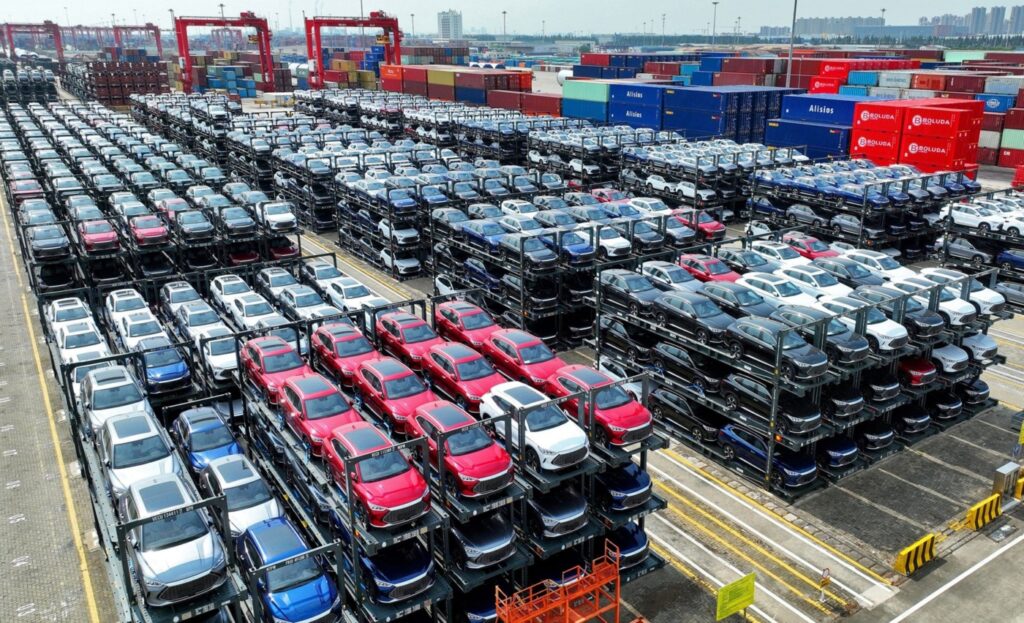The success of China in the electric vehicle market is underpinned by substantial financial support from the government. Chinese car manufacturers, especially BYD, have shown remarkable growth on the international stage in recent years. According to a report by the Center for Strategic and International Studies, the Chinese government has invested $230 billion in the electric vehicle sector since 2009, excluding additional support from local governments. These supports provide low-cost production capabilities, enabling Chinese manufacturers to compete in the global market.
To counterbalance this, the European Union has implemented additional taxes of up to 38% on cars imported from China. EU officials argue that the subsidies provided to Chinese manufacturers create unfair competition against European manufacturers.
The Controversial Role of Subsidies and Additional Taxes
As of 2023, China has become a country that accounts for 60% of global electric vehicle sales. This achievement has positioned China differently from major competitors like the USA and Japan. Tax exemptions and various investment supports provided to electric vehicle manufacturers have further accelerated growth in this sector. China’s strategy is considered not only a national success but also a global display of power.
